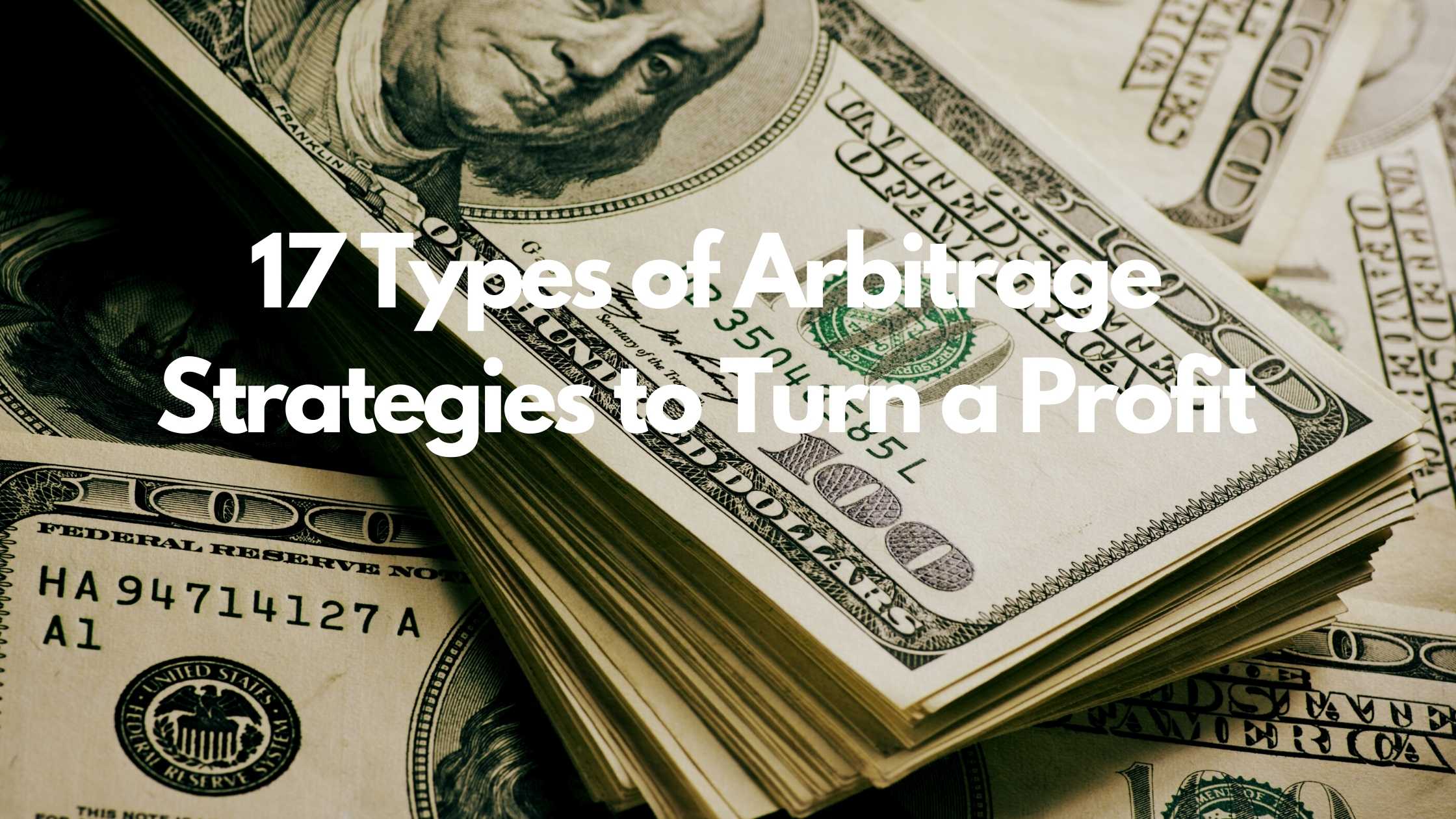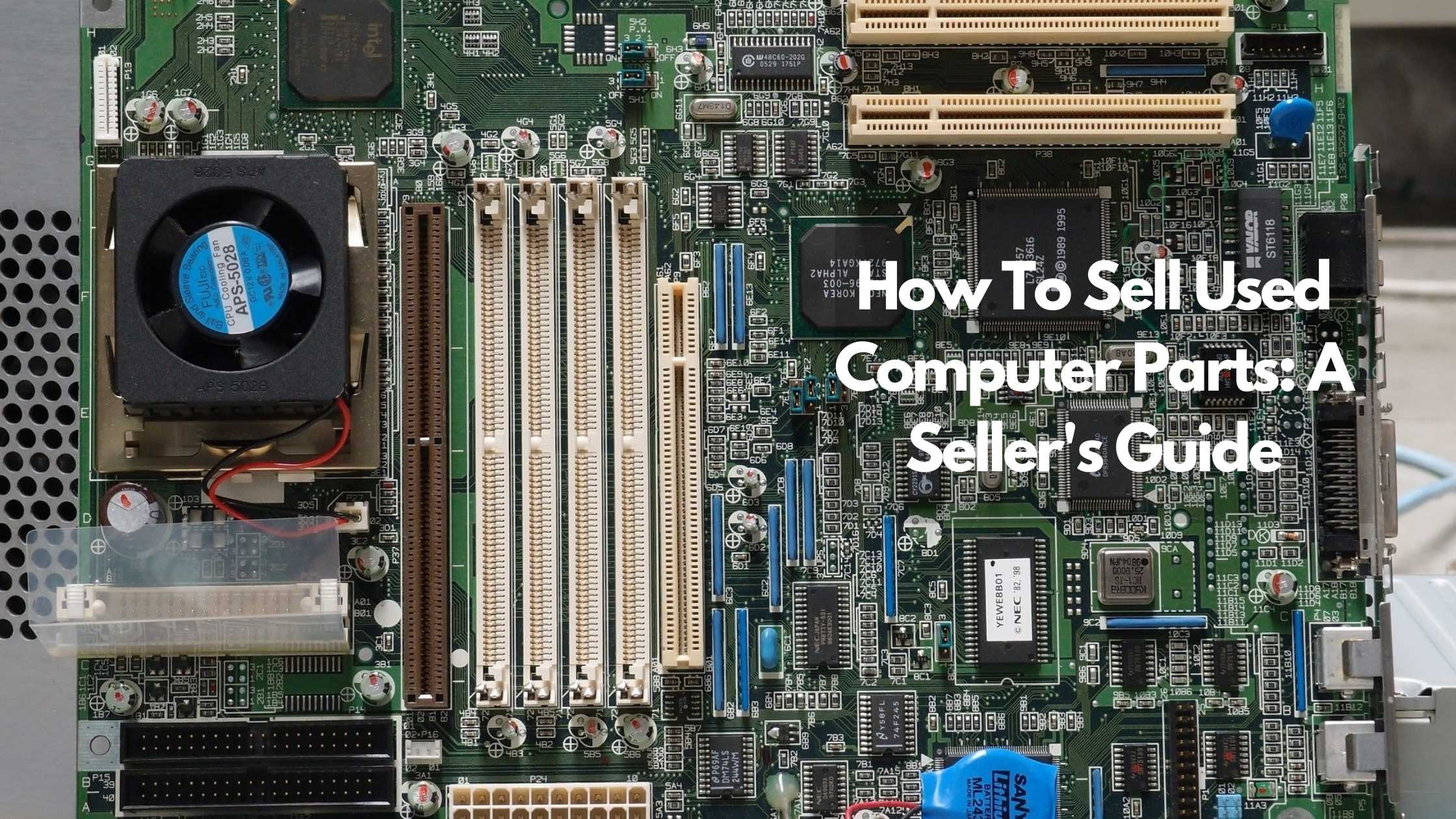
How to Turn Textbook Arbitrage into a Business for Profit

If well structured, the bookselling business can prove to be extremely profitable. Textbook arbitrage especially is quite lucrative if you know where to source in-demand quality books at the lowest prices.
Sounds too good to be true?
Of course, everything has its advantages and disadvantages. To make money selling textbooks, you’ll need to deeply master the workings of this business to understand how best to leverage it for maximum returns.
For some factual information about textbook resell, this article is a valuable read on how to sell textbooks for cash and what you should expect.
What is Textbook Arbitrage?
As a textbook reseller, you’re in the business of textbook arbitrage. Meaning that you source used textbooks at low prices to sell at high prices for a profit to a trade-in service.
The textbooks are sourced from learners at the end of each semester and countless other places – online and locally.
Sell Textbooks for Cash — The Process
For this textbook resell business to earn you reasonable profits, you’ll need to set it up properly. This involves creating a workable plan that you can rely on severally to deliver as required.
To learn more on how to start it the right way, keep reading.
Find a Place to Source Profitable Textbooks — Online & Locally
To be a successful textbook reseller, you need the right product. Your first task will therefore be to identify a niche and where to source the textbooks in your preferred niche, both online and locally.
The rule of thumb here being, to buy low and sell high. These textbooks must be:
- Profitable: They must provide or promise to deliver a significant return.
- Popular: They must be highly sought after, to sell quickly and return the investment.
- Quality: Even with used books there must be certain standards that must be met. In this case, make it your business to understand what will fly and what won’t.
Next, find the best places to source them. Below are some places you can start to consider.
Locally:
- Learning institutions:
This is one of the best places to start due to the high supply. The best time to source from these institutions is at the end of the semester when most learners are looking to dispose of their books and probably acquire others.
- Friends and family
With your friends and family, the advantages are mostly that you don’t have to pay for everything up-front. A downside to being a textbook reseller is that you must always have capital on hand to regularly update your stock inventory.
- Flea markets, thrift shops, and garage sales
These places are fantastic options to scour for textbooks that have low pricing. They’re also likely to be the best places to find variety and even valuable early editions.
Online:
- Student forums
In these forums, you’ll find students exchanging information on various topics and sharing information on books they’d like to dispose of and those they’d like to acquire. This type of information is valuable to design your inventory.
- Facebook groups
It doesn’t get better than this. The student groups you find here provide the easiest and fastest ways of tapping into the student market. This is where you’re likely to find your ideal sources.
- Amazon
If you decide to list with Amazon, you’ll have exposure to a global audience in the millions. However, unless you’re selling books for a pretty good price, Amazon’s rates may make it a bit costly to sell second-hand books through them.
- eBay
Books that are in high demand or out of print, could end up making a good chunk of money selling on eBay. To stand out, ensure your listing is as elaborate as possible in description with catchy keywords and images. Remember for each sale, eBay takes a 10% commission.
This is the home to the most used textbooks on the web, with prices up to 90 percent off the cover price. It also has an easy to use search functionality that makes the sourcing less stressful and hectic. What’s more, if you spend more than $25, shipping is free.
- Sheepbuy
Seeing as Amazon and eBay can be quite pricey, there are extremely viable options out there. Take Sheepbuy, for instance. Listing on this up and coming marketplace site is free on the basic tier. There are no contracts required to transact, no selling fees whatsoever, and all transactions are strictly between the buyer and seller.
How to Find the Most Profitable Textbooks — Search Books’ ISBN Numbers
Knowing what you want is the easy part, but the actual search is the hard part. To make money selling textbooks, pricing isn’t the only valuable factor. Demand and condition of the textbook vastly impact the bottom line.
One veritable way to find the most profitable textbooks is to search for them using the ISBN (International Standard Book Number) numbers.
This is an internationally applicable 13 digit number that uniquely identifies published books. Its workings specifically revolve around the capture of information about a book’s publisher, title, language, edition, and version.
This code categorizes textbooks making it easy for buyers to identify and buy the actual book or edition they want. For you, the seller, besides being a fantastic sales and purchases tracker, the ISBN shows you the current pricing around your textbooks hence enabling you to work out suitable pricing.
Something else you can rely on is Bigwords. Besides being a place to sell or rent textbooks, it’s also like a search engine that compares the pricing on every major textbook site. It shows the lowest possible prices with any add-ons like shipping included.
Determine Textbook Condition
It is unrealistic to expect to constantly find textbooks that are in mint condition. However, as with everything else, there are some benchmark standards.
What then is acceptable?
According to Amazon’s benchmark, most textbooks would likely fall under the used-acceptable category. Here, it’s recognized that they’re likely to be fairly worn out but functional.
Wear and tear includes written notes (limited not excessive) or highlighted text and minimal water damage only as long as all text from start to finish is legible.
The textbook may have subtle or even glaring signs of proper use without taking from its essence. It is acceptable even if the dust covers or boxed set case is missing.
On the other hand, what’s not acceptable is a textbook with text that is illegible due to spillage or some irreversible damage; torn or missing pages.
A book that’s falling apart or barely recognizable by its covers is also unacceptable.
If you would like to go further and categorize your textbook inventory, here’s a simple guide.
Used – Very Fine
- Dust jacket is available
- Minimal to zero creases to the spine, and the same goes for any discoloration to the pages.
Used – Fairly Acceptable
- Mild discoloration
- Highlighted text and some note-taking
- Slight damage to the spine, dust jacket, or creasing to the cover and pages.
- Loose bindings
Used – Acceptable
- Discolored pages and cover that may be creased
- Highlighted text and note-taking that’s a bit heavy but doesn’t obscure the content
- Missing title page
- Damaged spine
- Vagaries of time and weather may also be evident.
List Textbook Online
- Make a selection of the online reseller site that’s likely to give you a good return. More so, one that’s specialized in the selling of textbooks. Book valuations are also different on various sites, so browse widely and check carefully.
- From your selection, consider their shipping and packaging costs too. Sites like Amazon and eBay are bound to be pricey, meaning you can consider equally good but smaller alternative sites like Sheepbuy.
- Once you’ve settled on the online site that’ll best serve your needs, type in the ISBNs of the books you’d like to sell, and they’ll appear on the website.
- Then, select the book’s condition based on what’s available on the site, and that fits in with the condition of your book.
- Check the pricing too. What happens is, the site shows you the lowest price so you can match it or go a notch lower.
- Always have up-close photos of your textbooks showing certain sections as proof of being in used – acceptable condition if not better. The areas to highlight are the edges of the spine, front and back covers, and the insides too to show how legible the text is.
Find out more about the best website to sell your books here.
Package and Ship Books
If you don’t pay attention to the packaging, you risk damage to the textbooks and this may not bode well for your bottom line and reputation.
Here’s how you can ensure that your textbooks reach their intended user in the expected condition.
- Prevent bending
Scan every page to ensure that they are not folded. Then, place plain cardboard pieces that are slightly larger than the book in the front and back covers. Pay special attention to the joints as these are always the first to get damaged, and then seal with tape.
- Protection from water damage
Use ziplock bags or any plastic paper wrap that you can seal with tape. Water especially can cause irreversible damage hence the reason why you should do everything to protect your books.
- Choose a box container
Select a sturdy box that has sufficient space around it, not too spacious, and is not a tight fit either. Line the bottom of the box with bubble wrap paper, then lay the books neatly on top of it. Fill the sides of the box with lightweight options that won’t impact shipping costs.
- Seal the box container
Use the tape all around the box container neatly covering all flaps and anything that could latch onto something else leading to damage.
- Address the package
Print a label or write the address and return information. If your address label was printed on plain paper, it may tear in transit. Tape down the entire label with clear packing tape. Leave barcodes bare, since tape can make them more difficult to scan.
- Insurance
Protect your investment by getting insurance mostly if the books are pricey or the package is large. Anything can happen and you should be ready for any eventualities.
- Tracking
If it’s not freely available, still you must plan for it. If there are any hitches, you’ll know to keep the buyer updated.
Is Textbook Arbitrage Legal?
Textbook arbitrage is perfectly legal and highly encouraged in that it’s conducive towards overall market efficiency.
As long as the textbooks are legally acquired and all regulations and requirements met, nothing should stop you from charging what you feel you deserve per textbook.
How Profitable is Textbook Arbitrage?
Textbook arbitrage is quite profitable but only if you structure it properly. The first important thing is to identify the most profitable textbooks bound to sell out fast.
It may take time to build expertise in textbook resell, but if you’re patient and get it right, you can make reasonable returns.
Check out this article for detailed information on selling books online.
The Bottom Line
Since you’re keen to sell textbooks for cash, learning everything you can about textbook arbitrage will set you off in good stead to becoming successful in this venture.
TRENDING


Online Arbitrage for Beginners (Step-by-Step Guide)

17 Types of Arbitrage Strategies to Turn a Profit

Is Retail Arbitrage Legal?

How Can You Tell if a Book is a First Edition?

What to Do With Your Jigsaw Puzzle When Finished?

How to Sell Used Computer Parts: A Seller’s Guide


